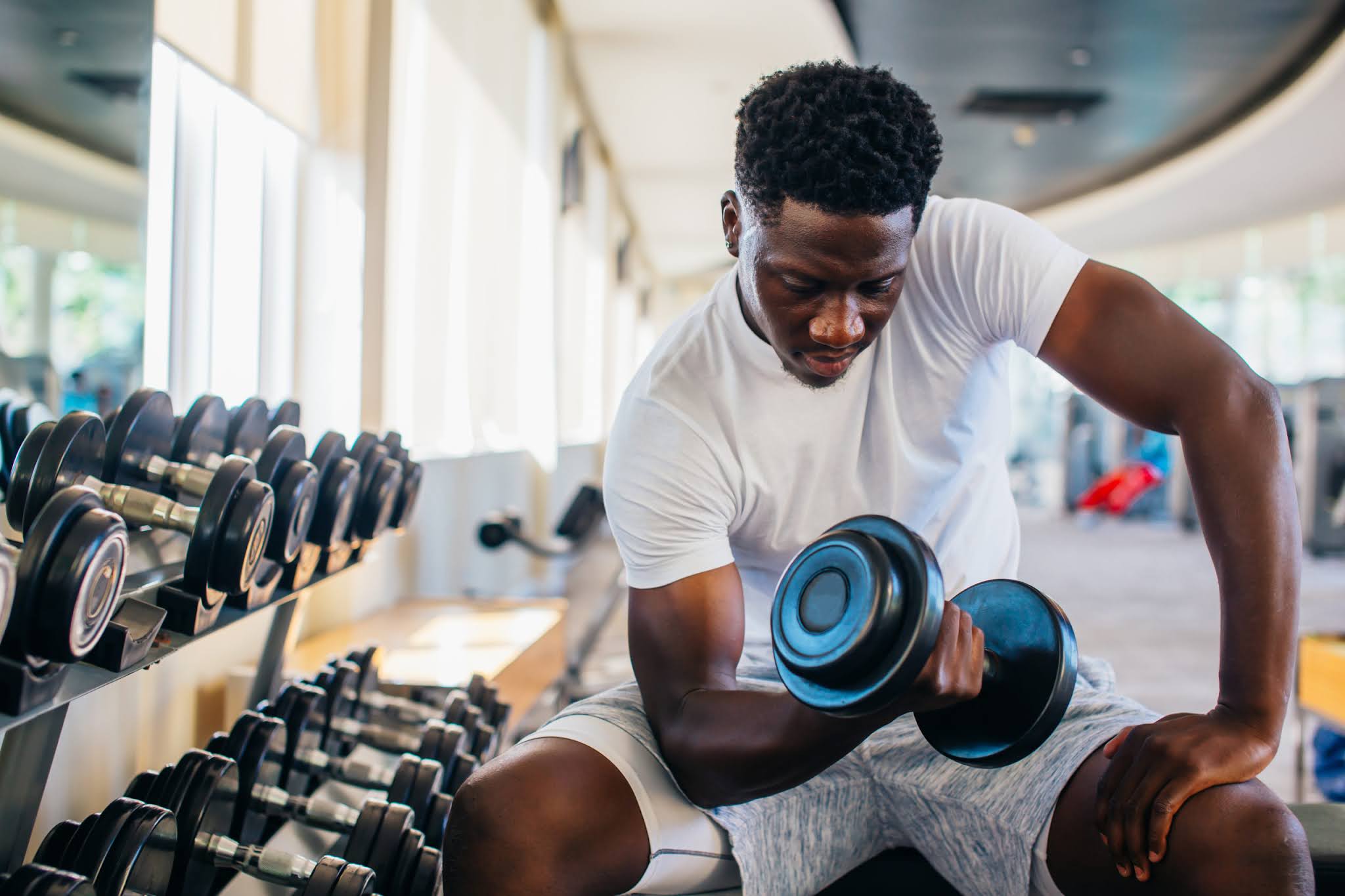Each time you exercise, you develop a bit of damage in your muscles. Soreness in muscles after exercise signals the damage caused to the muscle tissues.
And when this occurs, the body initiates a repairing procedure by triggering inflammation at the injured portion. Fluid puts extra pressure on the damaged areas by building up in the muscles.
As a result, it leads to a sensation of pain and tightness, which starts developing between 12 and 24 hours of the workout.
High-intensity workouts can also contribute to prolonged muscle pain and DMOS or delayed onset muscle soreness. You can treat such pains and maximize your muscle recovery by altering a few of your lifestyle errands, getting proper sleep, and consuming healthy foods.
On that note, here are the six best ways that can help you avoid muscle aches.
Get a Massage Therapy
Repeated stress arising from exercise can cause you tiny tears known as microtears. It leads to more soreness of muscles, and it becomes inflamed.
The accumulation of tears puts you at risk of building torn muscles, known as pulled muscles or muscle strains. Thus, massage therapy sounds heavenly.
Surveys have suggested that post-workout massage is the finest way to alleviate pain. And if you are determined about visiting the spa at regular intervals, it will increase the body's capability of fighting against DOMS.
The massaged muscles comprise a higher amount of blood vessels than the massage-free ones. It again results in the enhanced recovery of your muscles. It also displays half of your scar tissue that the non-massaged muscles generally do.
And it's not either a bad idea when it comes to me-time. Plan for your massage directly after the workout.
Treat your taste buds with some CBD Genesis chill gummies and enjoy your massage session. Trust us, the combination of intense massage and CBD gummies will alleviate your stress and anxiety.
Performing Recovery Exercises
Recovery exercises are incredibly important to treat muscle aches. People performing around 20-minute bouts of moderate-intensity cycling following the DOMS-inducing workouts have enjoyed a decrease in their muscle pains alongside an added boost in their strength.
The light recovery exercises can increase blood flow, nudge inflammatory procedures naturally, and may include moving immune cells, clearing the inflammatory mediators, and lymphatic draining.
An Amalgamation of the Ice Pack & Heating Pack
Why would you ever want to experience a combination of a heating pack and ice pack? Well, heating pads can increase the blood flow as it's a vasodilator and can flush some byproducts or even inflammation owing to muscle soreness.
And adding your ice pack to it becomes a perfect amalgamation. Alternating heat and cold therapy might turn out to be the most influential and beneficial technique to reduce muscle soreness.
Studies have found that using this therapy will prevent damages to elastic tissues. Apply the ice for around 20 to 25 minutes after applying the heat for the same time to address muscle soreness after any activity.
Avoid Alcohol & Tobacco
Consuming alcohol has damaging impacts on your health. According to research, consuming alcohol after any form of exercise may impair your muscle's potential to replenish glycogen upon endurance exercise. Alcohol also impairs protein synthesis in the muscles.
On the other hand, smoking tobacco will impact the musculoskeletal system negatively. Smoking gets associated with a risk of developing any joint disease in addition to an increased risk of bone fractures.
Stay Hydrated & Drink Fresh Juice
Surveys have revealed that hydration keeps muscle pain at bay by providing your body with an apt number of electrolytes. It also energizes the muscles and helps in building the synovial fluid for joint lubrication.
Moreover, the right amount of water can increase your stamina, tolerance level and speed up muscle recovery by removing all toxic substances from the body.
On the other hand, dehydration may impair the muscle's ability to repair, and when you exercise during hot weather, there's a higher chance of becoming dehydrated.
Reports suggest that one must drink between 16 and 24 ounces of fluid for each pound you aim at losing while working out. Drinking tart cherry juice post the exercise session is also good as it can reduce inflammation, muscle soreness, and muscle damages.












